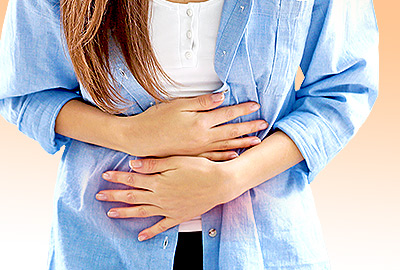Quick Fact
After puberty, it can take up to two years for periods to settle into a regular cycle. Most women develop a regular menstrual cycle with an average length of 28 days.Irregular periods are one of the earlier signs that a woman is approaching menopause. During menopause, the production of the hormones estrogen and progesterone decreases, which can cause irregular periods. During perimenopause, a woman may experience skipped periods, a heavy flow, or a lighter flow.
What Are Constant Irregular Periods?
Menstruation is the monthly shedding of the lining of the uterus, called the endometrium. The average menstrual cycle is between 21 and 35 days. Menstrual bleeding normally lasts between three and seven days.
Irregular periods can be an extra menstrual cycle between periods, a skipped cycle, heavier or lighter blood flow, or changes in the consistency or odor of menstrual fluid. Changing hormones during menopause can cause irregular periods, but a wide range of factors and conditions can also cause them.
What Causes Constant Irregular Periods?
Irregular periods can occur if a woman experiences a drastic change in weight and diet, strenuous exercise, stress, certain medical conditions, some birth control methods, or a nutritional deficit. Medical conditions that have irregular periods as a symptom include:
- Polycystic ovarian syndrome. This condition usually causes light or missed periods. Ovulation does not happen regularly, and a woman's body produces more testosterone, which may cause some features to appear, such as facial hair growth. Cysts - which are small, fluid-filled sacs - grow on the ovaries and the ovaries become enlarged.
- Uterine fibroids. These are noncancerous lumps that grow on the lining of the uterus. They can grow in size and cause painful and heavy menstruation.
- Endometriosis. This condition happens when the lining of the uterus, called the endometrium, attaches itself to other parts of a woman's body, typically in the pelvic region. The endometrium is usually broken down and expelled as part of the menstrual fluid. Endometriosis can cause irregular menstrual bleeding, pain and cramping, and pain during sex.
It is important to see a doctor if your symptoms match one of these conditions. Medical attention can help treat any underlying medical condition that may be causing irregular periods.
How to Cope with Irregular Periods
Did You Know?
Irregular and missed periods are normal during puberty, pregnancy, and perimenopause, so treatment for missed periods during these stages is typically not necessary.
Maintaining a healthy diet, exercising regularly, dealing with stress, and treating any underlying medical conditions is important. Taking birth control pills can also help control irregular periods.
If you have had an irregular period for more than two months and are not sure why, you should consult a doctor. A woman should also consult a doctor if she experiences vaginal bleeding and is postmenopausal, or if she has not had a period for six months. This could be a symptom of a more serious medical condition, such as uterine cancer. Click on the following link for more information on treating irregular periods.
Sources
- Cleveland Clinic. (2015). Abnormal Menstruation. Retrieved October 2, 2015, from https://my.clevelandclinic.org/health/healthy_living/hic_Coping_with_Families_and_Careers/hic_Normal_Menstruation/hic-abnormal-menstruation
- National Health Service UK. (2015). Irregular Periods. Retrieved October 2, 2015, from http://www.nhs.uk/Conditions/Periods-irregular/Pages/Introduction.aspx




